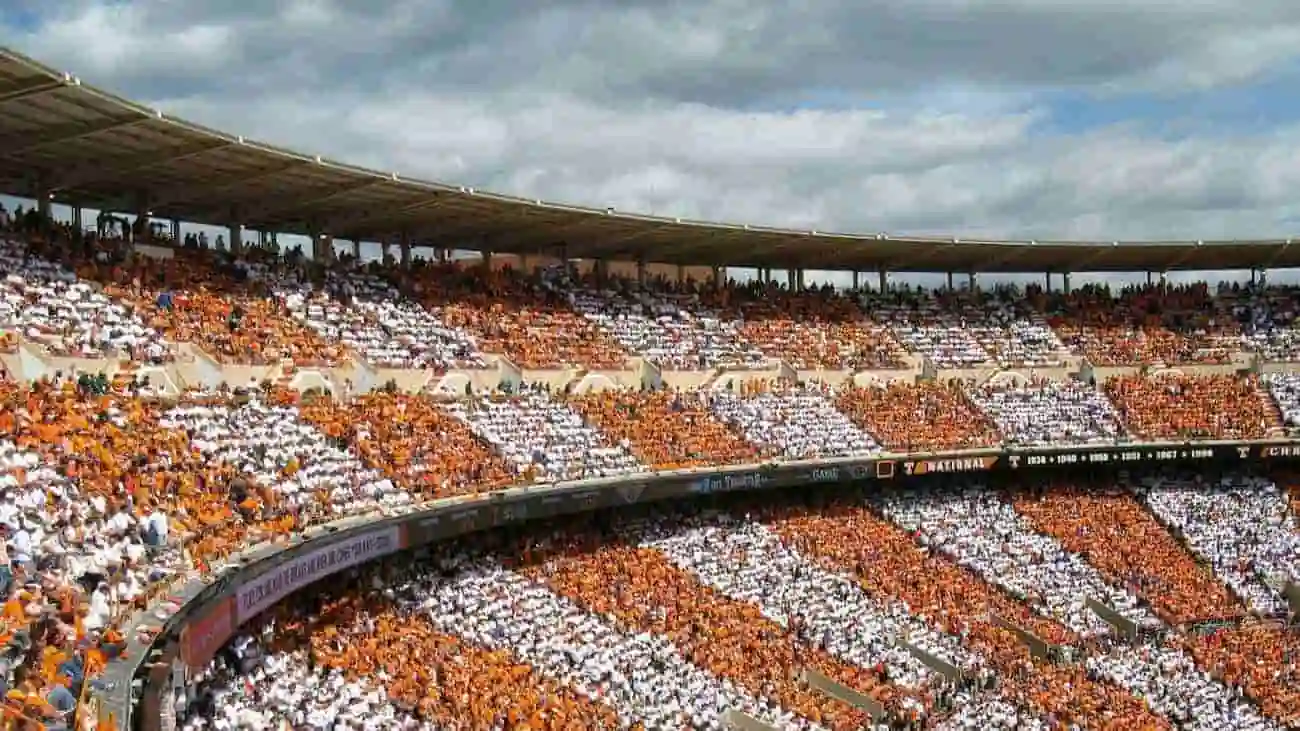UEFA EUROPEANS, OLYMPICS & CO.
Thiago Calderaro
Economic Aspects and the Burden on Hosts
Major tournaments such as the UEFA Men's European Football Championship, which begins on 14 June 2024 in Germany, are not only sporting but also significant economic events. UEFA expects revenues of 2.4 billion euros from the tournament, which will be held across ten stadiums over 51 matches, mainly generated through TV rights, advertising, merchandising, and ticket sales. Additionally, a profit of 1.7 billion euros is anticipated, resulting in taxes of 250 million euros, as even foreign organisers like UEFA, based in Switzerland, are subject to German corporate tax. However, the host cities bear high costs. According to ZDF and Der Spiegel, the costs for the cities amount to around 650 million euros. UEFA imposes strict requirements, including the organisation of fan festivals, the costs of which amount to approximately 260 million euros.
Social and Ethical Considerations
In addition to financial aspects, major tournaments also raise significant social and ethical questions. For instance, the FIFA World Cup 2022 in Qatar faced criticism, including human rights violations and allegations of corruption. Such concerns affect the perception and acceptance of major events and lead to discussions about accountability and the long-term impacts on host countries and their populations.
Opportunities and Risks for the Hosts
Major tournaments like the UEFA European Championship attract international attention and offer the opportunity to improve infrastructure and set economic impulses, yet they are also criticised for high costs and the distribution of these costs. According to ZDF and Der Spiegel, the federal government, states, and particularly host cities such as Berlin, Munich, and Dortmund, which alone must pay over 24 million euros, bear the financial burden. UEFA, which primarily owns the joint venture EURO 2024 GmbH (95% UEFA, 5% DFB), faces the challenge of fairly distributing the enormous profits and maintaining ethical standards. Critics like Dortmund city councillor Katrin Lögering lament that "UEFA pockets the profits, and the cities foot the bill," while UEFA CEO Markus Stenger argues that the attention garnered by the event also offers opportunities. Despite enormous demand for tickets, with prices ranging from 30 to 2000 euros, and the cultural significance, the tournaments raise questions of financial fairness and social responsibility.
Source
https://www.linkedin.com/pulse/gro%C3%9Fturniere-wem-nutzen-sie-und-nicht-fcviktoriaberlin-izr3e/
Continue Reading
This might also interest you:







